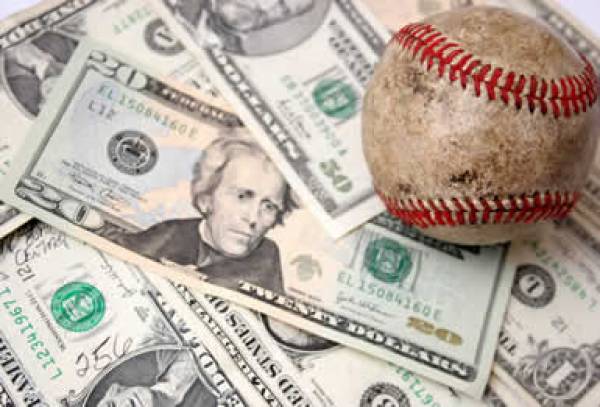Fahrenkopf on sports betting expansion

John G. Brokopp, Casino Columnist, www.southtownstar.com
Despite talk among gaming and sports enthusiasts every now and then, the possibility of legalized betting on college and professional games in Illinois is a real long shot.
The Professional and Amateur Sports Protection Act of 1992 banned sports betting in the United States. The only sports that were excluded were pari-mutuel horse racing, dog racing, and jai alai.
An exemption was made for the state of Nevada and, curiously enough, the states of Oregon, Montana and Delaware, which at one time conducted forms of sports lotteries.
Congress also provided a one-year window of opportunity for states that operated licensed casino gaming for the previous 10-year period to pass laws permitting sports wagering.
New Jersey was the obvious recipient of this grace period because of that state's Atlantic City casino gambling industry, but the Legislature never acted on it.
Sixteen years later and with economic conditions such as they are, lawmakers in New Jersey want another chance and the governor of Delaware wants to get his state back in the game.
"There's legislation and now a lawsuit in New Jersey to bring back the ability to conduct sports betting," said Frank J. Fahrenkopf Jr., president of the American Gaming Association, which represents the commercial casino industry.
Meanwhile, Delaware Gov. Jack Markell is a strong proponent of sports betting in the form of a statewide lottery that permits only parlays, or bets that combine two wagering propositions.
"We know that the NCAA, the National Football League, National Hockey League, Major League Baseball and others are very unhappy with what has happened in Delaware," Fahrenkopf said.
The NFL even filed a legal brief against the measure with the Delaware Supreme Court.
"During the time the national commission was doing its work in 1998 and 1999, there was testimony from law enforcement that every year in the United States there is up to $380 billion gambled on sports, and less than 1 percent of it is legal," Fahrenkopf said.
"If you look at the numbers in Nevada, the sports books are a very small percentage of the gaming revenue in the state of Nevada.
"But Delaware is in the middle of a lot of people when you go up to New York, New Jersey, Pennsylvania and surrounding areas."
Fahrenkopf also hinted that the federal government may have a say in the matter of what's happening in Delaware and New Jersey.
"The Justice Department has consistently been very, very tough on all forms of sports wagering," he said.
Meanwhile, the popularity of wagering on collegiate and professional sporting events among the general public is unquestioned.
Most of the money is run through large-scale illegal betting operations, but some of the wagering is as innocent as office pools.
State legislatures view legalized betting on college and professional games as an untapped source of revenue during tough economic times, but the legal hurdles are difficult to overcome.













